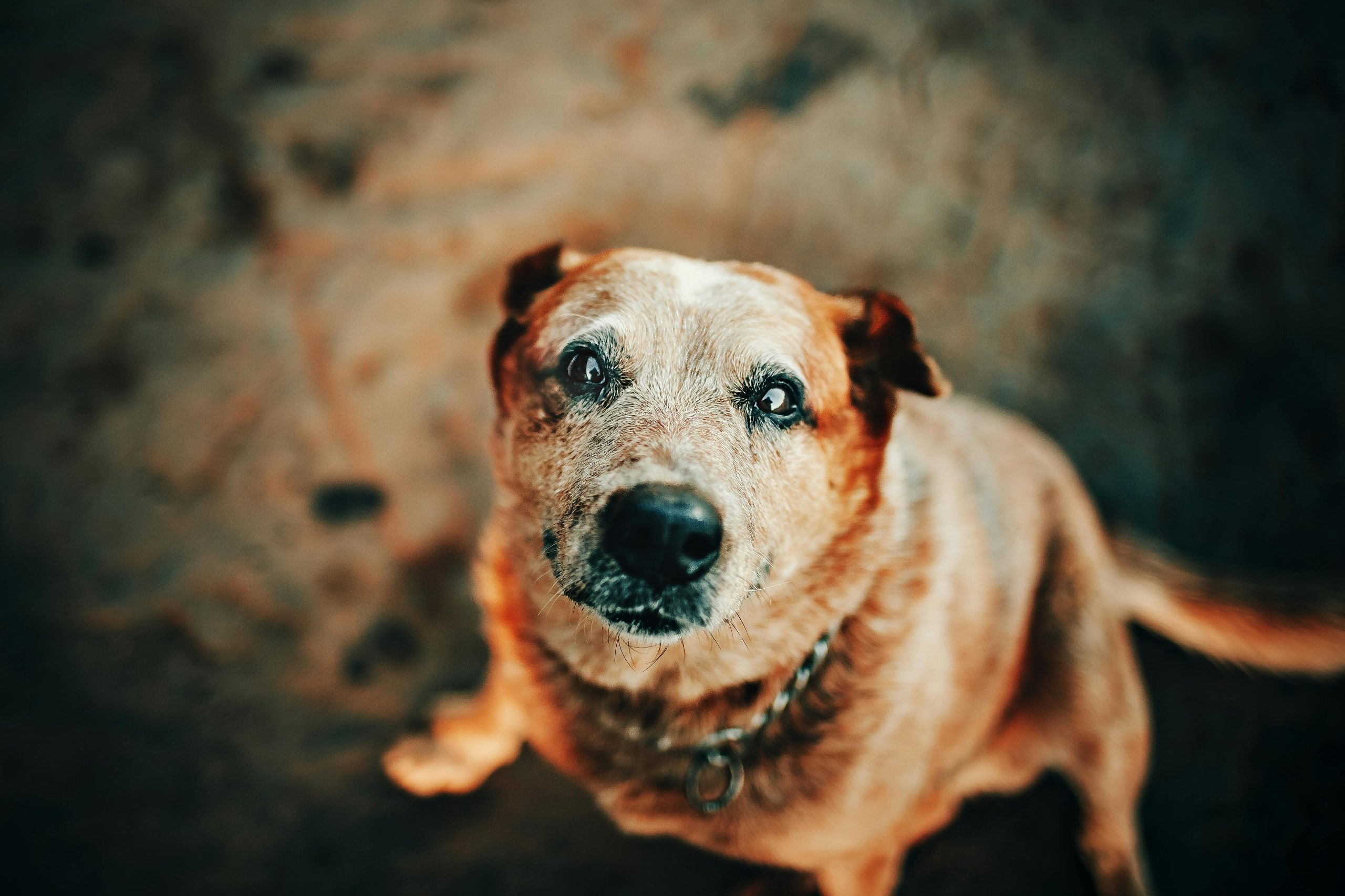If you’ve noticed your dog peeing more often than usual, you’re not alone. Many pet owners ask the same question: Why is my dog peeing so much? While it might just be a harmless change in routine, frequent urination can also signal a health issue that needs attention. This guide breaks down the possible reasons your dog is urinating more, how to tell if it’s serious, and what steps you should take next.
Is Frequent Urination Normal for Dogs?

Before assuming the worst, it’s important to understand that frequent urination in dogs doesn’t always mean something is wrong. Several normal factors can influence how often your dog needs to pee. These include daily habits, environmental changes, and natural biological differences.
Here are some common, non-medical reasons why your dog might be peeing more often:
- Water Intake: If your dog drinks a lot of water—especially after exercise, during hot weather, or due to a saltier meal—you can expect them to urinate more frequently. Hydration naturally leads to increased urine production.
- Weather Changes: Dogs tend to drink more water during warm or hot weather, which can increase their need to urinate. Seasonal changes and temperature shifts can influence bathroom habits.
- Activity Level: Highly active dogs may need to relieve themselves more often, especially if they’re excited, exploring, or marking territory during walks or playtime.
- Age: Puppies have tiny bladders and are still learning bladder control, so it’s common for them to pee more often. Older dogs might also urinate more due to age-related changes in bladder function or kidney health.
- Dietary Factors: Wet food diets, foods high in sodium, or any sudden changes in diet can impact how often a dog pees. Some dog treats or medications may also increase thirst and urination.
While these factors are part of normal canine behavior, it’s important to monitor your dog’s habits. If the increase in urination is sudden, seems excessive, or comes with other symptoms like accidents in the house, lethargy, weight loss, or changes in appetite, it could be a warning sign of an underlying health condition.
Common Medical Reasons for Frequent Urination
a. Urinary Tract Infection (UTI)
UTIs are one of the most common reasons dogs pee more often. Other symptoms may include:
- Straining to urinate
- Blood in the urine
- Whining during urination
- Accidents in the house
A UTI needs to be diagnosed and treated by a vet, usually with antibiotics.
b. Diabetes
If your dog is suddenly peeing a lot and drinking tons of water, diabetes could be the cause. Signs include:
- Increased thirst
- Weight loss
- Increased hunger
- Lethargy
This condition is serious and requires lifelong management.
c. Kidney Disease
The kidneys filter waste from your dog’s blood. If they’re not working well, your dog may urinate more. Look for signs like:
- Excessive thirst
- Weight loss
- Vomiting
- Bad breath
Kidney problems are more common in older dogs and require prompt veterinary care.
d. Cushing’s Disease
Cushing’s disease is a condition where the dog’s body makes too much cortisol (a hormone). Symptoms include:
- Increased urination and thirst
- Hair loss
- Pot belly
- Increased appetite
This condition is more common in senior dogs and is diagnosed with blood tests.
e. Bladder Stones
Bladder stones can cause irritation and make your dog feel like they need to urinate frequently. Signs include:
- Blood in the urine
- Difficulty urinating
- Accidents indoors
Treatment may involve dietary changes, medications, or surgery.
Behavioral or Environmental Reasons
Not all causes are medical. Sometimes, frequent peeing is due to behavior or changes in the environment.
a. Submissive or Excitement Urination
Some dogs pee when they’re overly excited or trying to show submission. This is more common in:
- Puppies
- Shy or nervous dogs
- Dogs in new environments
b. Marking Behavior
Dogs may urinate small amounts in different places to mark their territory. This is more common in:
- Unneutered males
- Dogs in multi-pet households
- New environments
Neutering or behavioral training often helps reduce marking.
c. Stress or Anxiety
Changes in your dog’s environment—like a move, new baby, or new pet—can lead to anxiety and more frequent urination. Look for other signs like:
- Pacing
- Barking
- Destructive behavior
- Hiding
Age-Related Causes

a. Puppies
Young dogs have small bladders and weak bladder control. It’s normal for them to pee often until fully house-trained, which can take months.
b. Senior Dogs
Older dogs may lose bladder control due to age-related issues such as:
- Cognitive dysfunction (doggy dementia)
- Weakened bladder muscles
- Age-related diseases like arthritis that affect mobility
A vet can help determine if medication or changes to routine can help.
What You Can Do at Home
If you’re asking, “Why is my dog peeing so much?” and aren’t sure whether to be concerned, there are a few helpful steps you can take at home before visiting the vet. These actions can give you clues about what’s going on and help your vet make a quicker diagnosis if needed.
Monitor Water Intake
Keep an eye on how much water your dog is drinking each day. Use a measuring cup or marked bowl if possible. Dogs typically drink about 1 ounce of water per pound of body weight per day. If your dog is drinking noticeably more than usual, this could be a sign of an issue like diabetes or kidney disease.
Tip: Write down daily water intake so you have something to show the vet.
Watch for Other Symptoms
Pay attention to any changes in your dog’s behavior or health. It helps to keep a journal or take notes on your phone. Important things to track include:
- How many times your dog is peeing per day
- Whether they are having accidents indoors
- Changes in appetite (eating more or less than usual)
- Low energy or unusual tiredness
- Urine color (dark yellow, cloudy, or blood-tinged)
- Urine smell (strong or foul odors)
These details can help your vet identify potential causes faster.
Avoid Punishment
If your dog starts peeing inside the house, do not punish them—especially if this is unusual for them. Accidents can be a sign of a medical issue, and scolding may cause fear, stress, or anxiety. This can actually lead to more accidents and make the situation worse.
Instead, try to calmly clean up and observe for patterns. Remember, your dog isn’t trying to misbehave—they may not feel well or be able to control it.
Keep Things Clean
Accidents can happen even with house-trained dogs. When they do, it’s important to clean the area thoroughly. Use enzymatic cleaners that break down pet urine at a molecular level. These cleaners help remove the scent, which prevents your dog from returning to the same spot.
Regular household cleaners might not fully remove urine odors. Lingering smells can confuse dogs and lead them to pee in the same place again.
When to See the Vet
You should contact your vet if your dog:
- Is peeing more often than normal for more than a day or two
- Has blood in their urine
- Is drinking much more water than usual
- Seems to be in pain when urinating
- Is having accidents indoors suddenly
- Shows signs of illness like vomiting, lethargy, or appetite loss
Your vet may run tests like:
- Urinalysis
- Blood tests
- X-rays or ultrasounds
Treatment Options
The right treatment depends on the underlying cause:
| Condition | Treatment |
| UTI | Antibiotics |
| Diabetes | Insulin, special diet |
| Kidney Disease | Fluids, medication, diet change |
| Cushing’s Disease | Medication or surgery |
| Bladder Stones | Surgery, diet, medications |
Your vet will guide you based on your dog’s condition.
Can Diet Affect Urination?
Yes. Some foods and treats are high in salt, which can increase your dog’s thirst and lead to more peeing. Always provide:
- Fresh water at all times
- A balanced, vet-approved diet
- Limited salty snacks
If your dog starts peeing more after a diet change, it might be worth adjusting their food.
Prevention Tips
While you can’t stop every health problem from happening, there are ways to lower the chances of your dog peeing too much due to medical or behavioral issues. These simple habits can help keep your dog healthy and alert you early if something seems off.
Schedule Regular Vet Checkups
Routine visits to the vet—at least once a year—can catch health problems early. For older dogs or those with existing conditions, your vet may recommend more frequent checkups. Early detection often means easier treatment and fewer complications.
Keep Vaccinations & Parasite Control Up to Date
Certain infections, such as urinary tract infections (UTIs) or bladder parasites, can increase urination. Prevent these by staying current with:
- Core vaccines (like distemper and leptospirosis)
- Flea and tick prevention
- Heartworm medications
This helps protect your dog from illnesses that could impact their urinary system.
Feed a Balanced Diet
A healthy diet supports all your dog’s body systems, including the kidneys and bladder. Choose high-quality dog food that meets your pet’s age, breed, and activity level. Avoid overfeeding or giving too many salty treats, which can lead to excessive thirst and urination.
If your dog is on a prescription diet, follow your vet’s recommendations carefully.
Monitor Water Intake & Bathroom Habits
Even after things return to normal, keep track of how much your dog drinks and how often they go to the bathroom. Sudden changes in these patterns can be early signs of problems like:
- Diabetes
- Kidney disease
- Urinary tract infections
Catching changes early means quicker help and better outcomes.
Reduce Stress in Your Dog’s Environment
Stress and anxiety can cause dogs to urinate more or have accidents indoors. Try to:
- Stick to a consistent feeding and walking schedule
- Avoid loud noises or sudden changes in their routine
- Provide a safe space like a crate or quiet room
- Offer toys or activities to keep your dog mentally stimulated
A calm, happy dog is less likely to develop behavior-related urination issues.
Final Thoughts
If you’re still wondering, “Why is my dog peeing so much?” the best thing you can do is observe closely and contact your vet. While some reasons are minor, others can be signs of serious health problems.
Don’t wait too long to take action—early treatment can save your dog discomfort and even extend their life.

